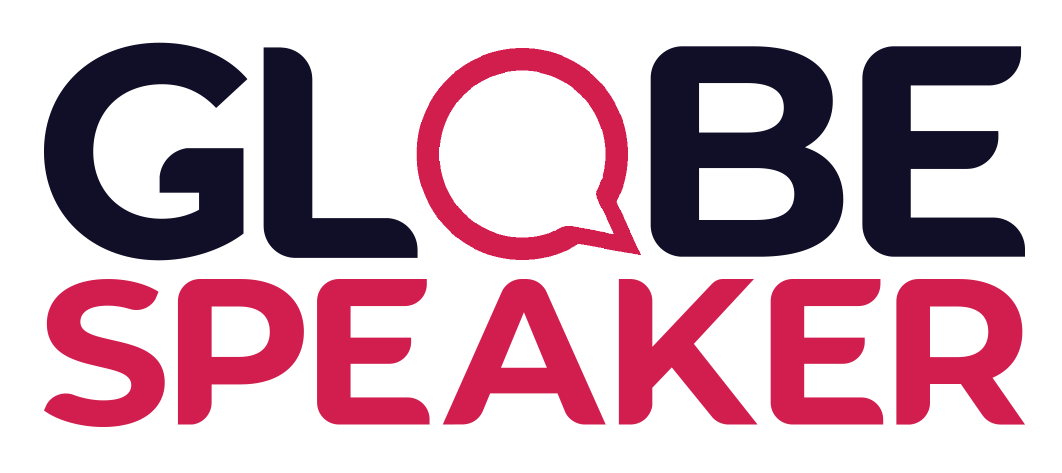
How can you learn English grammar without even realizing it? Or how can capital letters in emails lead to misunderstandings — and even real conflict — between colleagues?
Damon has been an English trainer at Wefit for six years, with extensive experience in industrial logistics. I had the pleasure of interviewing him, and here’s a summary of his best stories!
A marketing director who only wanted conversation
“From the very first lesson, he clearly said he didn’t want any grammar classes. But he needed it, because the mistakes he made were grammar-related.
During our first two sessions, I discovered he liked music, football, and that he was more of an introvert with a passive learning style. I also learned different aspects of his life that helped me ask targeted questions to guide him toward practicing the grammar he needed.
I helped him allow himself to make mistakes, then I offered corrections he could repeat and gradually internalize.
Eventually, by listening to himself speak, he realized he was making progress and mastering new ways of expressing himself.
He's now on his fifth or sixth training program, and he still insists on doing only conversation — and doing it with me because we’ve found a great connection.
And his language skills have reached a much higher level! Not through a traditional structured method, but by applying his own approach.”
A learner who didn’t want to train
“She was required to take the course, even though she didn’t need English in her daily work. Today, she still checks in with me every month.
She started with a 20-hour program, but every aspect of learning brought back memories of school, where she had found everything boring. She had never experienced any form of training other than traditional classroom learning.
So we refocused the learning on her. My main mission was to make learning interesting for her.
She needed the right mix of structure — because that’s how her brain works — and a good dose of informality.
In the end, we did a 50/50 split: we started with structured lessons — rules, tips — then the second half of the lesson was all about her. If we were working on the past tense, we’d talk about her weekend, for example, and through storytelling, she’d practice irregular verbs. She ended up renewing her training twice.
At the end, she was in tears and didn’t want to stop. And to think she didn’t even want to start at first.
That was a huge moment for me — a real success. As trainers, we’re not paid in euros and cents, we’re rewarded by our learners’ successes, progress, and growth. In one-on-one lessons, you can really feel those breakthroughs!
It’s not about money — it’s about helping someone move from point A to point B.”
A fight over an exclamation point
“This was one of my biggest ‘light bulb moments,’ one of those ‘Ahhh, that’s why!’ moments.
I was living in Germany and working as part of an international team in global logistics. There were two men — a German and a Dutchman — who really didn’t like each other.
For over a year, maybe a year and a half, I couldn’t figure out why they didn’t get along — it made no sense to me. One day, I took them aside in a room and said, ‘Whatever’s going on, it’s time to clear the air.’
Turns out, the entire issue was about exclamation points. It was the early days of email, and the German guy used an exclamation point in every sentence. The Dutch guy thought he was yelling at him.
In English — and especially when combined with capital letters — an exclamation mark feels like someone raising their voice. But in German (though it’s a bit different today), the “!” is just used to emphasize something’s importance.
These two were nearly coming to blows — all because of a cultural misunderstanding.
I’ve always included this kind of experience in my lessons to show how one small thing can make a huge difference in communication!”
And if you’d like to know more about how Damon adapts to his learners’ learning styles — whether introverted or extroverted — here’s the full interview:
Chloé



